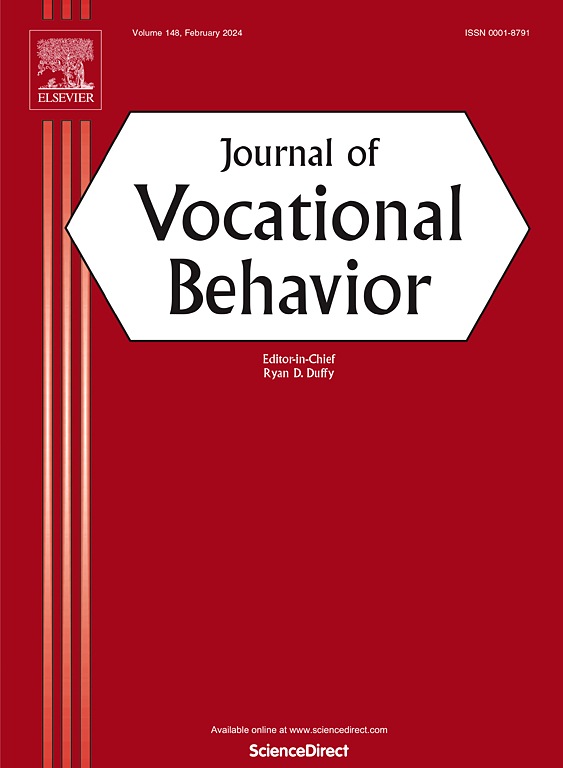An examination of the link between job content plateau and knowledge hiding from a moral perspective: The mediating role of distrust and perceived exploitation
Abstract
This research aims to address the research question of how knowledge hiding occurs from an ethical lens. Drawing on an integrated ethical decision-making model, we identified job content plateau as an important personally threatening situation that predicts knowledge hiding. We also proposed that attribution of blame—a specific mechanism of moral disengagement—explains how employees experiencing a high job content plateau bypass their moral self-regulation to engage in knowledge hiding. More specifically, employees can cognitively reconstruct themselves as faultless victims who are driven to hide their knowledge because they perceive: (a) their colleagues cannot be trusted; and (b) the knowledge-exchange process in the organization is exploitative. We tested this dual-path mediation model using time-lagged data collected from 301 working adults across three time points. The results supported the mediating roles of perceived distrust in colleagues and perceived exploitation in the organization's knowledge-exchange process, opening the door for future research to better understand knowledge hiding from a moral perspective.

 求助内容:
求助内容: 应助结果提醒方式:
应助结果提醒方式:


